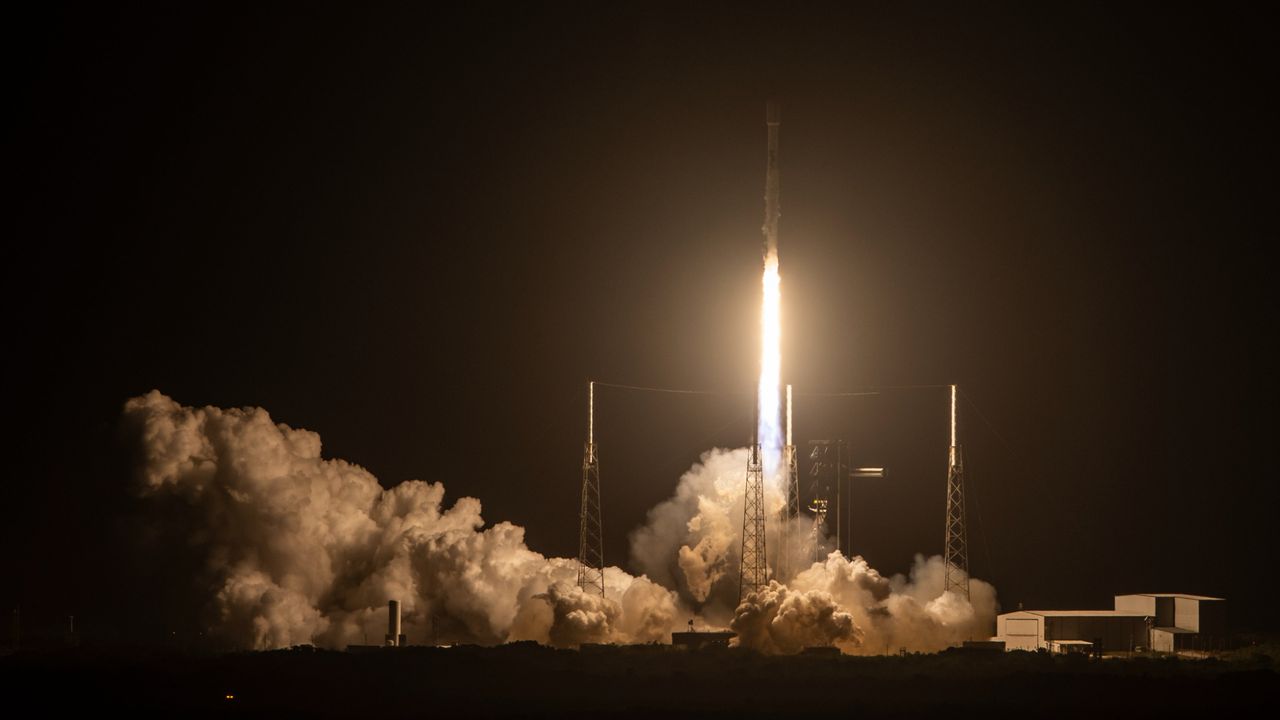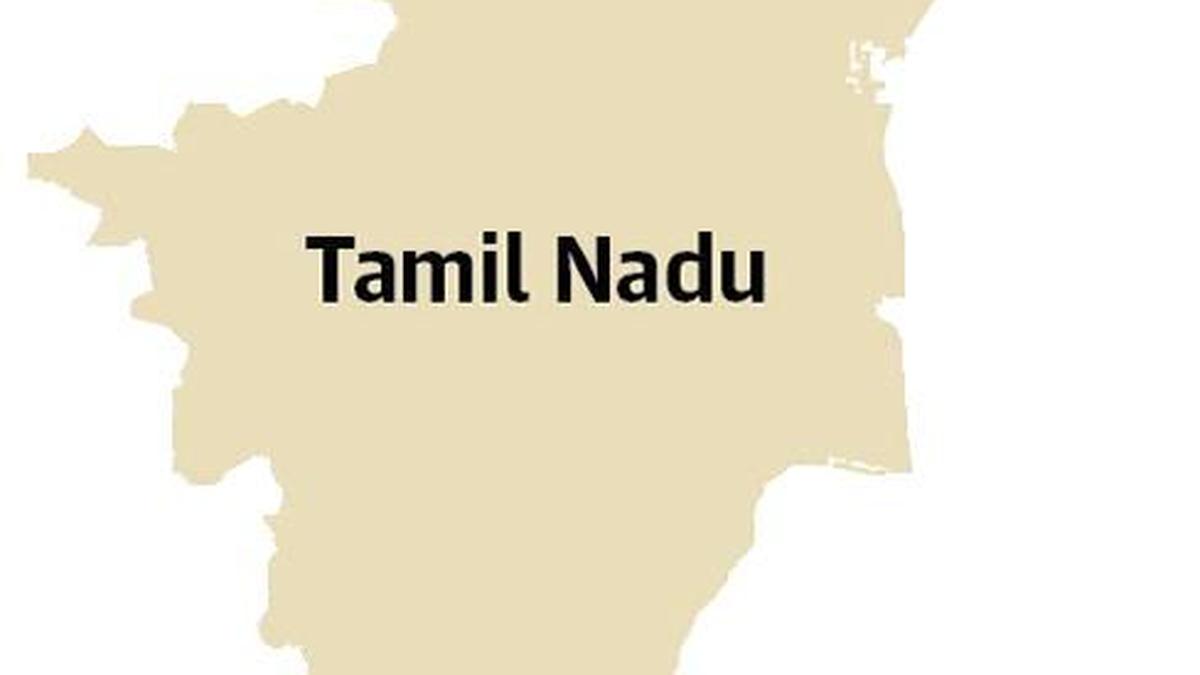Now Reading: SpaceX to Launch Third Batch of Amazon Kuiper Satellites on July 16
-
01
SpaceX to Launch Third Batch of Amazon Kuiper Satellites on July 16
SpaceX to Launch Third Batch of Amazon Kuiper Satellites on July 16

Quick Summary:
- Event: SpaceX plans to launch the third batch of satellites for Amazon’s Project Kuiper broadband megaconstellation on Wednesday, July 16.
- Details: A Falcon 9 rocket carrying 24 Kuiper satellites is scheduled to lift off from Cape Canaveral Space Force Station during a 27-minute window starting at 2:18 a.m. EDT (0618 GMT).
- Mission Information: This mission, called KF-01, aims to deploy the satellites into low Earth orbit (LEO) at an altitude of 289 miles (465 kilometers), with final positioning at 392 miles (630 km). Deployment will begin about 56 minutes post-launch and occur over eight minutes.
- Landing Plan: The Falcon 9’s first stage will land on the droneship “A Shortfall of Gravitas” stationed in the Atlantic Ocean approximately 8.5 minutes after liftoff.
- First-Time Use Booster: This mission involves a new booster for the launch – rare for SpaceX, known for repeated booster reuse.
- Comparison with Starlink: Project Kuiper mirrors SpaceX’s Starlink system but aims to loft over 3,200 satellites through more than 80 planned launches. Starlink already operates nearly 8,000 satellites.
image Description:
A photo shows a Falcon 9 rocket launching into night skies from Cape Canaveral in Florida.
Indian Opinion Analysis:
The launch of amazon’s Project Kuiper satellite batch represents significant competition in global satellite-based internet services-a domain currently dominated by SpaceX’s Starlink network. Such developments signal growing interest from major technology companies in exploiting LEO satellite constellations for enhanced global connectivity. For India, this technology race might spur increased focus on leveraging its space capabilities through ISRO and private ventures like Bharti-backed OneWeb. With vast rural areas lacking stable internet access, advancements in broadband delivery via satellites could play an instrumental role in bridging India’s digital divide.
Though, it also presents regulatory challenges concerning coordination among mega constellations within India’s airspace and minimizing orbital congestion risks that impact regional space security concerns. India’s policy framework would need proactive updates tailored to such emerging technologies as they define future communications infrastructure globally.























